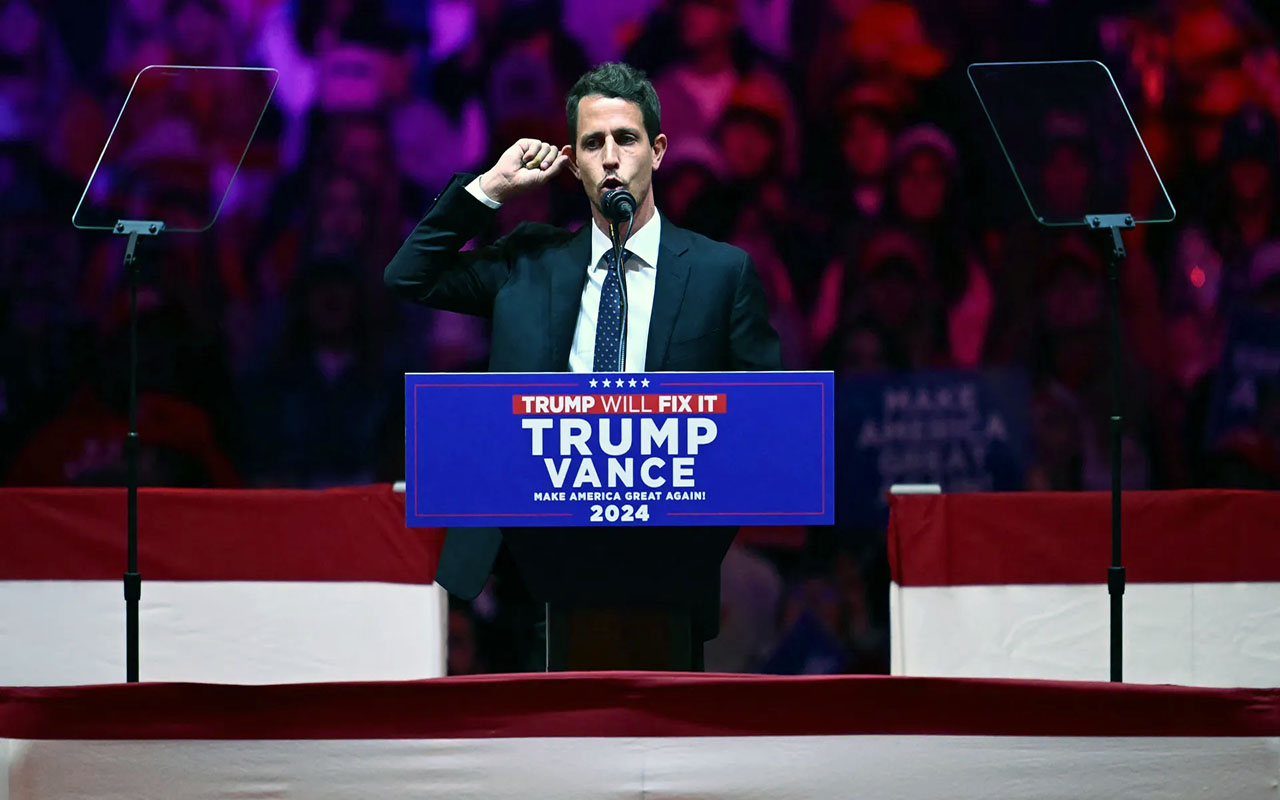
Trump's Madison Square Garden Rally Marred by Controversial Comments
With Election Day looming, former President Donald Trump’s rally at New York’s Madison Square Garden on Sunday night was intended to be a closing pitch to voters. However, the event, featuring controversial figures and harsh rhetoric, has drawn intense criticism and highlighted divisions in the final stretch of Trump’s campaign.
Several speakers at the rally used crude language and controversial descriptions of Democratic Vice President Kamala Harris and Puerto Rico, among other targets. Comedian Tony Hinchcliffe shocked audiences when he described Puerto Rico as a “floating island of garbage” and directed lewd remarks at multiple ethnic groups, a choice that drew swift backlash from the Harris campaign. In response, Puerto Rican musician Bad Bunny voiced his support for Harris, calling for respect and unity in the final days of the campaign.
Despite the campaign’s official statement from adviser Danielle Alvarez distancing Trump from Hinchcliffe’s remarks, the tone was consistent throughout the night. Longtime Trump ally David Rem referred to Harris as “the Antichrist,” and businessman Grant Cardone suggested Harris would “destroy” the country. These inflammatory statements added fuel to an already heated campaign.
In addition to political figures, several celebrities took to the stage, including former wrestler Hulk Hogan, who energized the crowd with a flag-waving performance reminiscent of his wrestling days. Hogan, known for his dramatic persona, spat on the stage and led chants of “Trump is the only man that can fix this country.” Tech mogul Elon Musk was also present and praised Trump’s recent proposal for a government efficiency commission, which he had been invited to lead.
The rally attracted some Republican politicians and media personalities, like former Fox News host Tucker Carlson and House Speaker Mike Johnson, along with an artist who painted Trump hugging the Empire State Building, adding a surreal twist to the evening. However, despite the star-studded lineup, Trump didn’t take the stage until two hours past the scheduled time, leaving some attendees to trickle out before his arrival.
When he finally appeared, Trump opened with his familiar refrain, asking, “Are you better off now than you were four years ago?” The crowd responded with an emphatic “No!” Trump then introduced a new campaign promise, a tax credit aimed at helping family caregivers, in an attempt to appeal to middle-class and older voters. His campaign noted that this proposal addresses challenges faced by the “sandwich generation” – those caring for both children and elderly family members. This new policy pledge seemed intended to counter Harris’s call for federal funding for elderly home care, as the two candidates vie for voters concerned about eldercare and family support.
However, Trump’s speech wasn’t only about policy. He reiterated his hardline stance on immigration, proposing the death penalty for any migrant who kills a U.S. citizen and promising to end the “migrant invasion” on his first day in office. As he approached the hour mark, some in the audience began to leave.
CONTENIDO RELACIONADO
Trump also used the event to criticize Democrats who have likened his rallies to fascist gatherings. A handful of speakers, including radio host Sid Rosenberg, expressed disdain for these comparisons. Trump attorney Alina Habba went as far as to imply that accusations against Trump’s camp were hypocritical, a comment that prompted cheers from the audience. Hogan addressed the matter directly, declaring, “I don’t see no stinkin’ Nazis in here.”
For Trump, the Madison Square Garden rally was a return to a city where he built his real estate empire but also a place of controversy, following numerous legal battles. Last year, Trump faced felony counts for falsifying business records, for which he was later found guilty. Despite these challenges, Trump’s supporters filled the Garden hours before his arrival, donning red “Make America Great Again” hats, as heavy security filled surrounding streets.
Trump's speech praised New York’s iconic energy and expressed a nostalgic appreciation for the city. The rally marked one of several recent campaign events outside battleground states, with stops in places like California, the Jersey Shore, and the South Bronx. Although some see these appearances as vanity events, Trump’s team likely views them as a way to reach undecided voters who may not follow traditional news.
Though Trump’s chance of winning New York State remains slim, the state has several competitive House races, making it a valuable stop in the broader Republican effort to regain control of Congress. Trump’s depiction of his hometown, painting it as a crime-ridden landscape overrun by violent gangs, contrasted with the compliments he shared during his speech. To close the evening, opera singer Christopher Macchio serenaded Trump and the crowd with “New York, New York,” evoking a quieter moment amid the evening’s high energy.
As Election Day approaches, Trump’s event at Madison Square Garden highlighted the polarizing nature of his campaign. While his base appears unwavering in their support, the evening’s comments have stoked controversy and drawn condemnation, underscoring the deeply divided state of American politics heading into the final days of the election season.




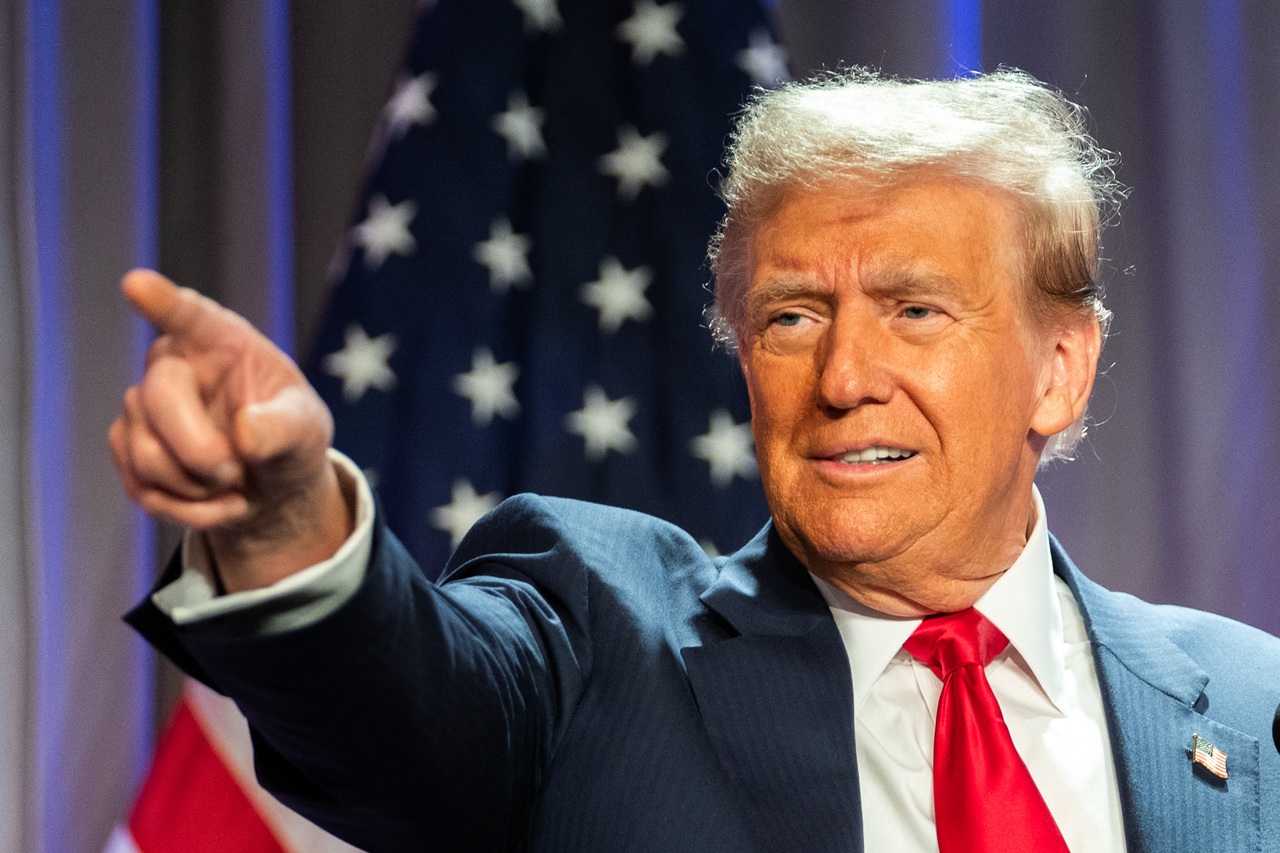
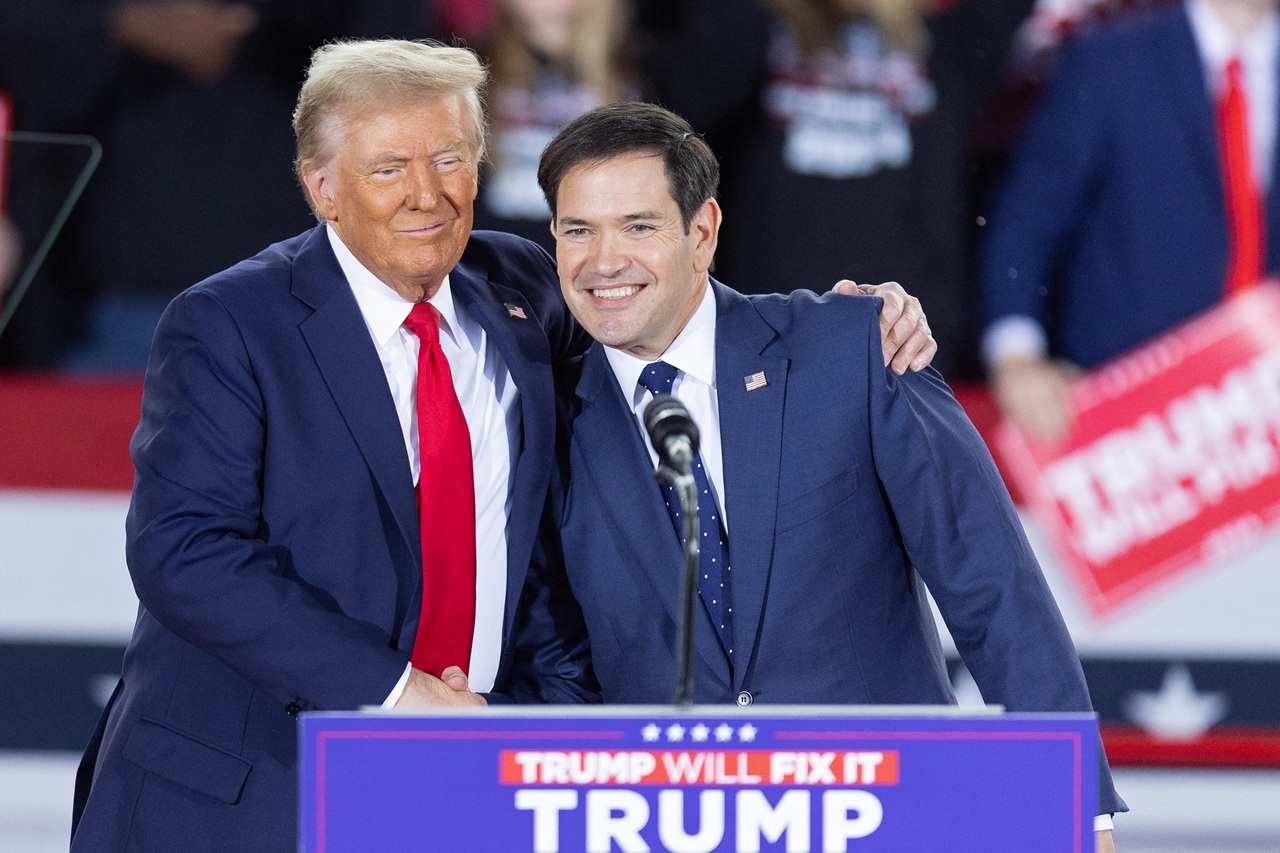

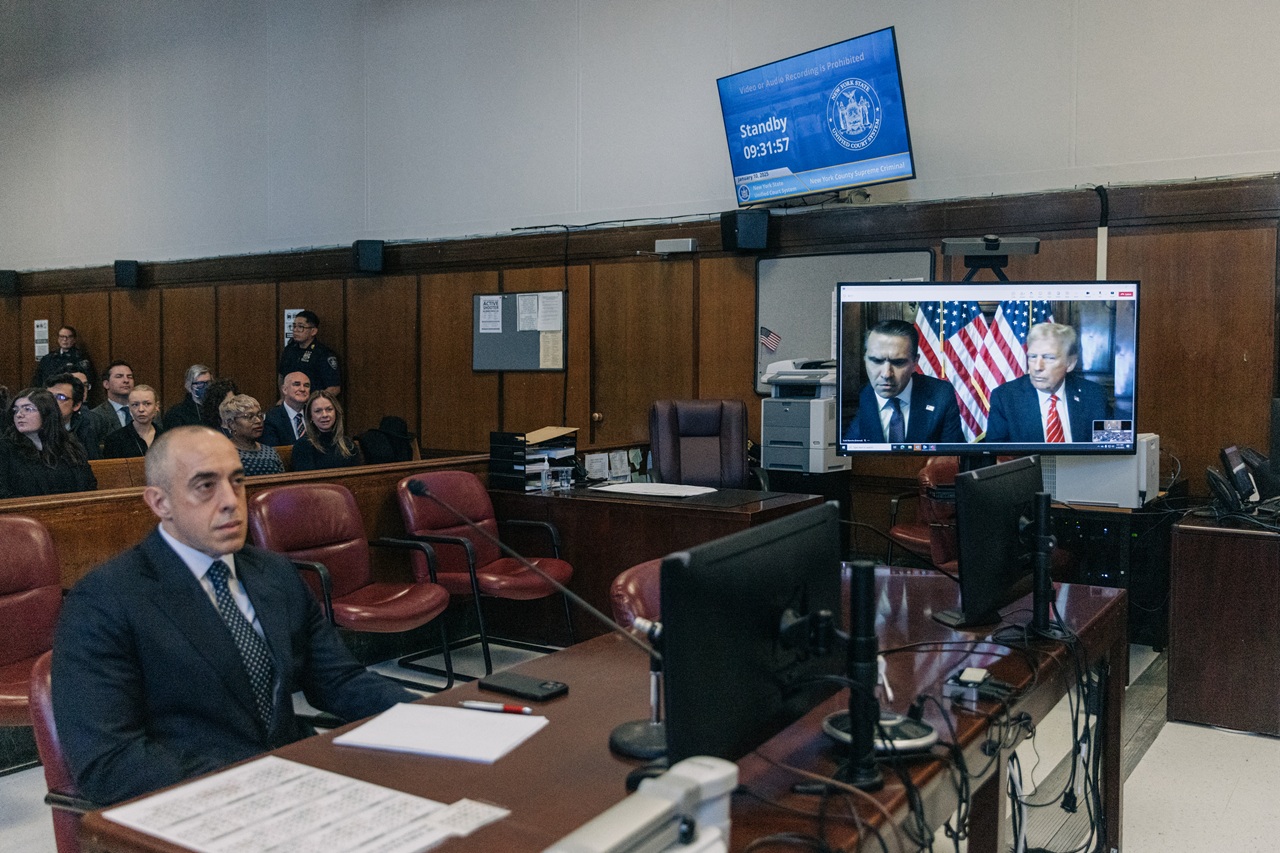
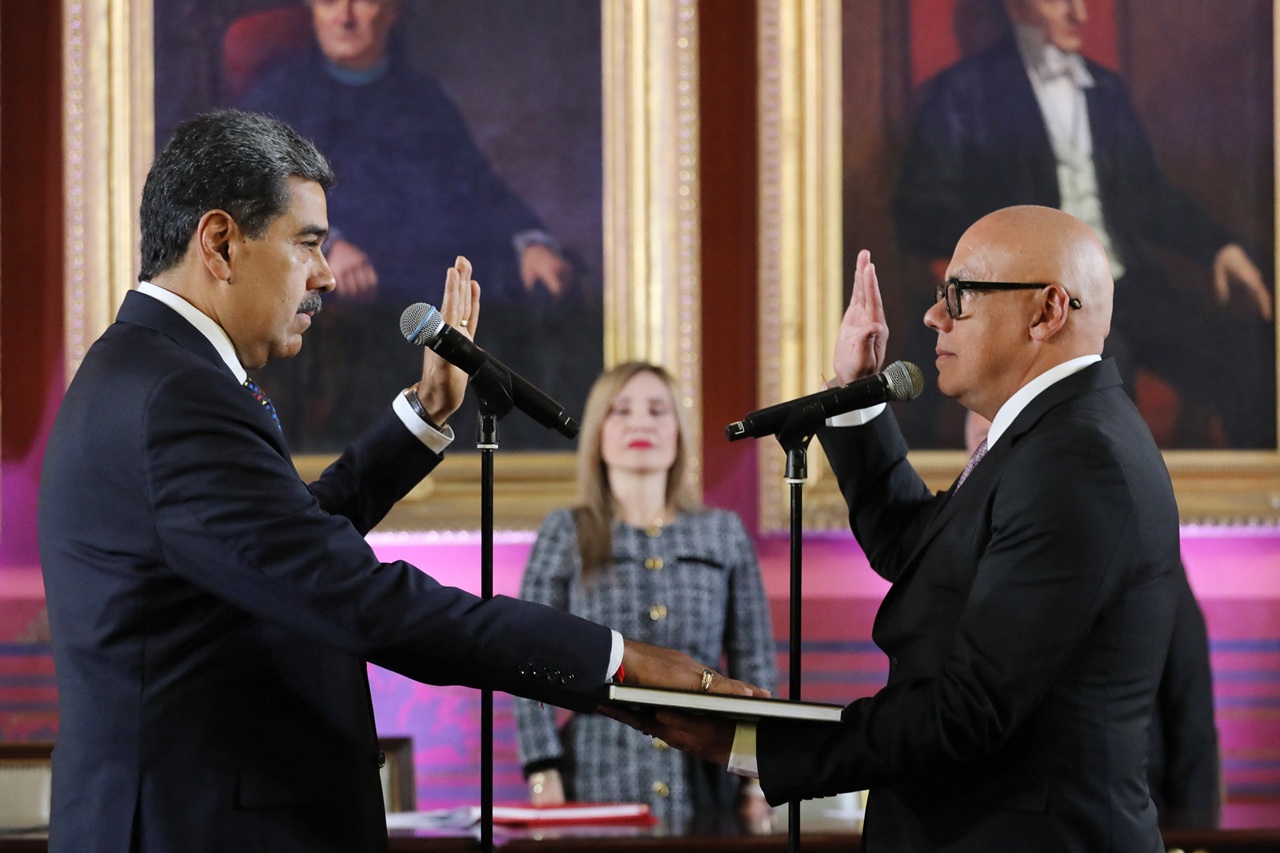
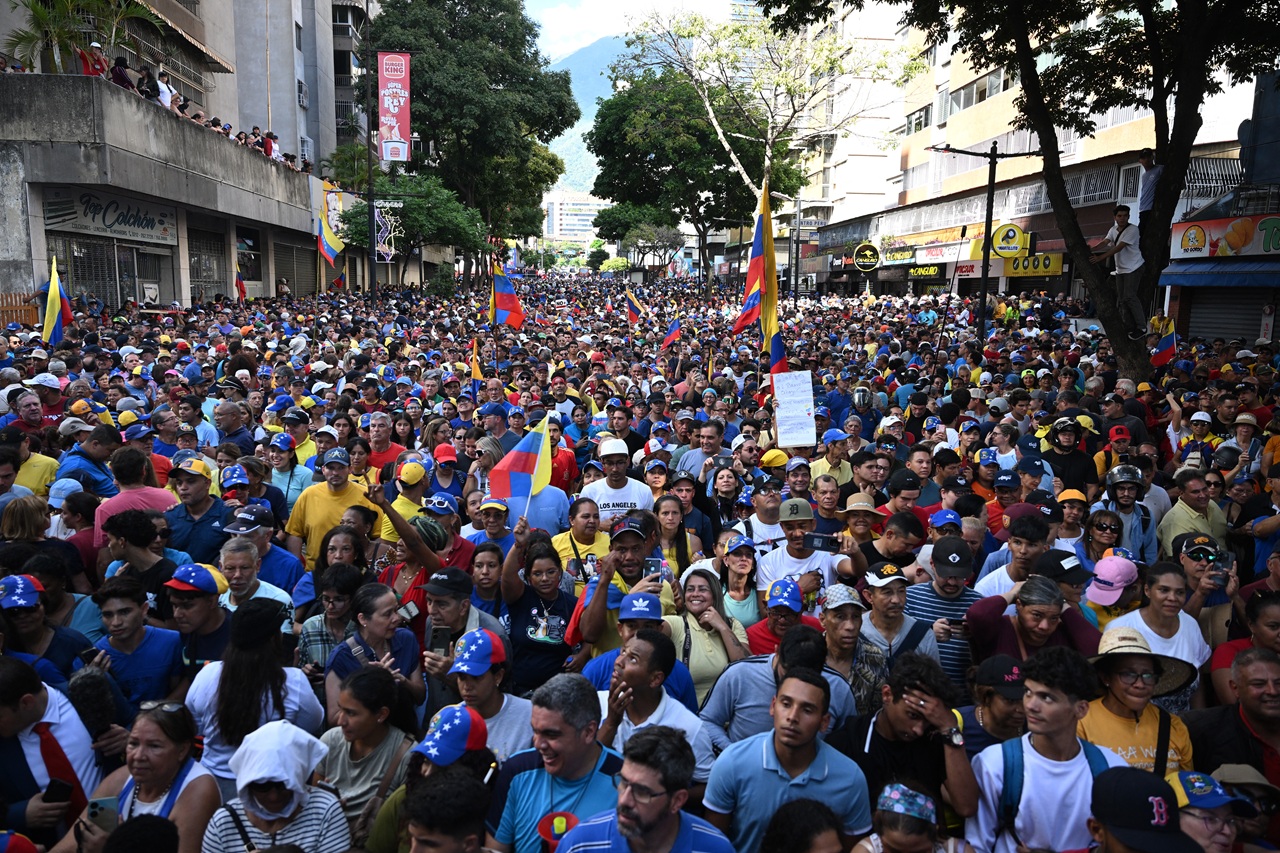
DEJE UN COMENTARIO: